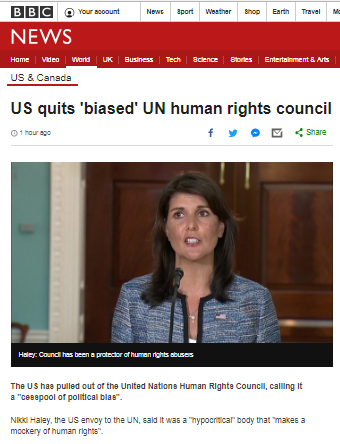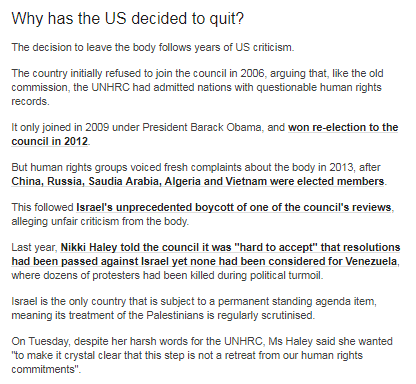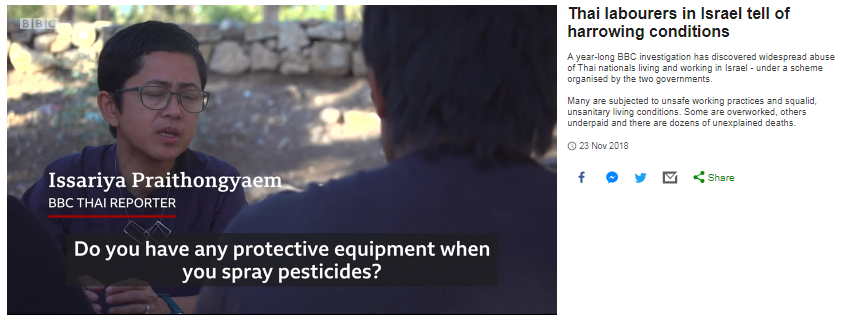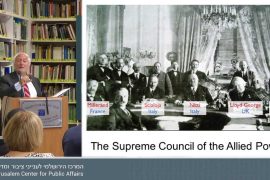When the US Secretary of State and the US Ambassador to the UN announced on June 19th that their country would be leaving the UN Human Rights Council, the reason for that decision was made perfectly clear by Ambassador Haley:
“One year ago, I traveled to the United Nations Human Rights Council in Geneva. On that occasion, I outlined the U.S. priorities for advancing human rights and I declared our intent to remain a part of the Human Rights Council if essential reforms were achieved. These reforms were needed in order to make the council a serious advocate for human rights. For too long, the Human Rights Council has been a protector of human rights abusers and a cesspool of political bias.
Regrettably, it is now clear that our call for reform was not heeded. Human rights abusers continue to serve on and be elected to the council. The world’s most inhumane regimes continue to escape scrutiny, and the council continues politicizing and scapegoating of countries with positive human rights records in an attempt to distract from the abusers in their ranks.
Therefore, as we said we would do a year ago if we did not see any progress, the United States is officially withdrawing from the UN Human Rights Council. In doing so, I want to make it crystal clear that this step is not a retreat from human rights commitments; on the contrary, we take this step because our commitment does not allow us to remain a part of a hypocritical and self-serving organization that makes a mockery of human rights.”
In other words, the US decision – which had been on the cards for a year – came about because the UNHRC did not carry out what the US considers to be “essential reforms” within the stated time period.
The BBC News website reported that story on June 19th in an article with an interestingly punctuated headline: “US quits ‘biased’ UN human rights council“.
In a subsection that was added to later versions of the report with the title “Why has the US decided to quit?” BBC audiences were not told that the answer to that question is because reforms intended – as Ms Haley clearly stated – to “prevent the world’s worst human rights abusers from gaining Human Rights Council membership”, to “stop the council from protecting the world’s worst human rights abusers” and to end the “disproportionate focus and unending hostility towards Israel” did not receive sufficient public support from what the US Ambassador described as “like-minded countries”.
Instead, BBC audiences found an unclear and unhelpful narrative which makes no mention of the US reform plan – or the countries that declined to support it.

In another sub-section titled “What’s been the reaction?” readers were told that:
“UK Foreign Secretary Boris Johnson said the decision was “regrettable”, arguing that while reforms are needed, the UNHRC is “crucial to holding states to account”.”
Interestingly, BBC audiences were not told that just one day before the US announcement, the UK Foreign Secretary had criticised the UNHRC’s treatment of Israel.
“Britain on Monday urged the UN Human Rights Council to reform its treatment of Israel, joining the United States in demanding an end to what has been described as the body’s bias against the Jewish state.
Addressing the opening of the 38th council session, British Foreign Secretary Boris Johnson criticized the council’s controversial Agenda Item 7, a permanent fixture on the schedule exclusively devoted to discussing rights abuses in the West Bank and Gaza Strip.
“We share the view that the dedicated Agenda Item 7 focused solely on Israel and the Occupied Palestinian Territories is disproportionate and damaging to the cause of peace, and unless things change we shall vote next year against all resolutions introduced under Item 7,” Johnson said.”
Readers may recall that the British government made a similar statement in March 2017:
“We are putting the Human Rights Council on notice,” Britain warned in a statement. “If things do not change, in the future we will adopt a policy of voting against all resolutions concerning Israel’s conduct in the Occupied Syrian and Palestinian Territories.””
However, the BBC failed to report that story at the time and continues to present criticisms of the UNHRC’s infamous anti-Israel bias as coming solely from the United States while sidelining the bigger question of why democratic states did not join America’s efforts to bring about reform at the UN body.
In part two of this post we will look at how the US announcement was presented on BBC radio.
Related Articles:
BBC article on Israel & UN HRC omits important context
BBC fails (again) to give audiences the full story in UN HRC article




